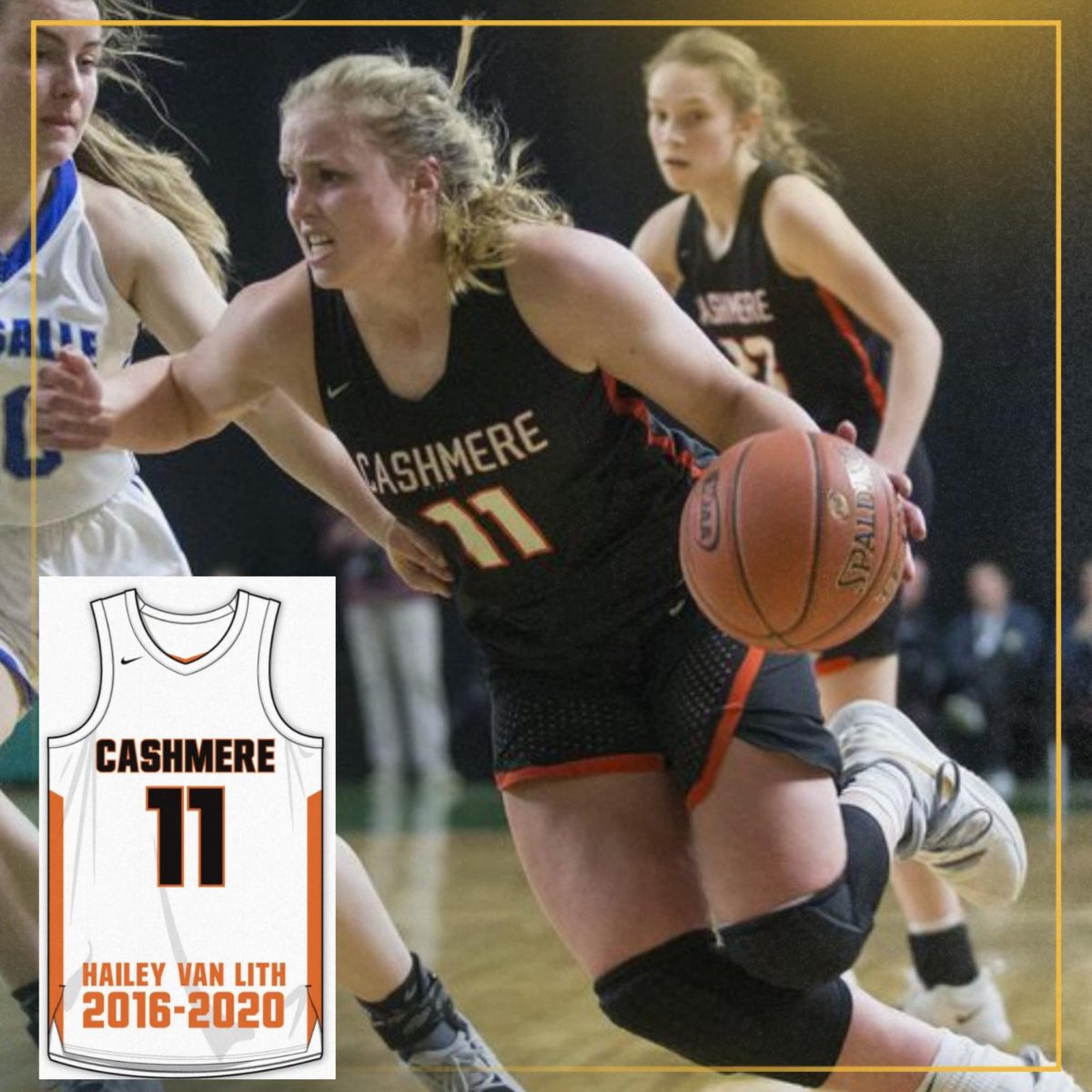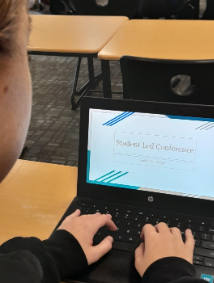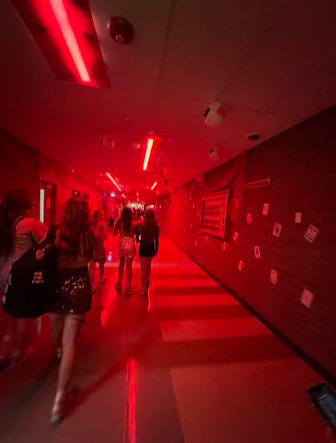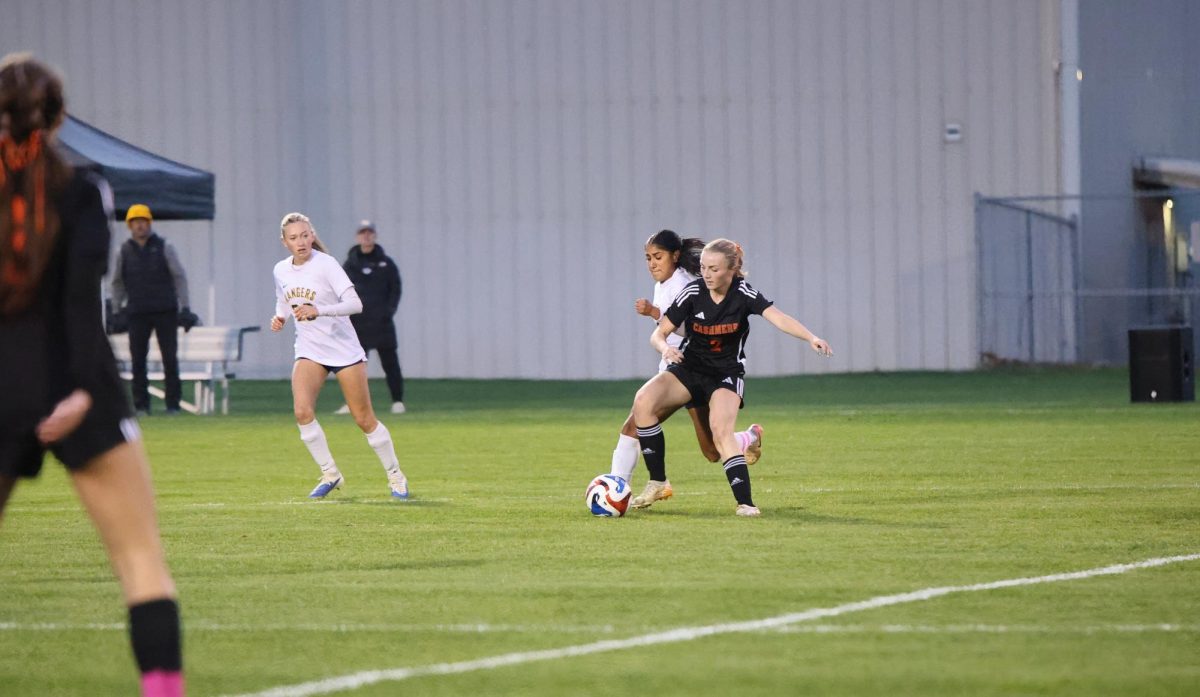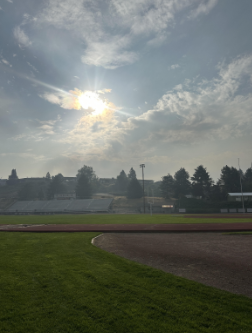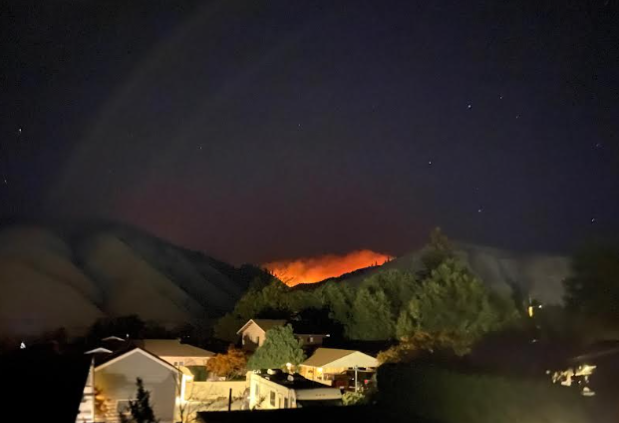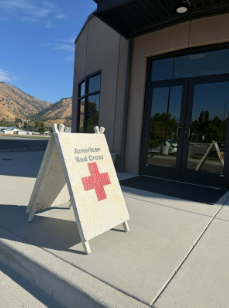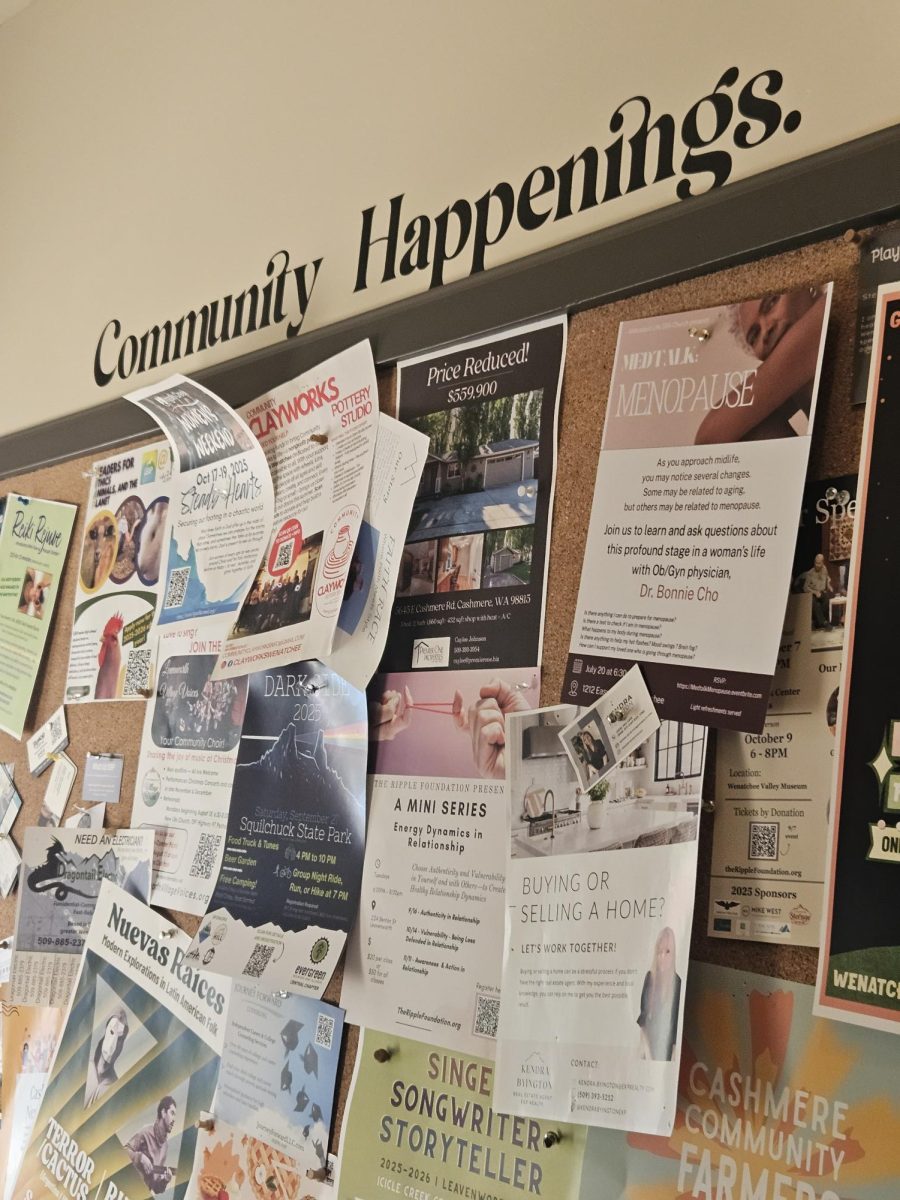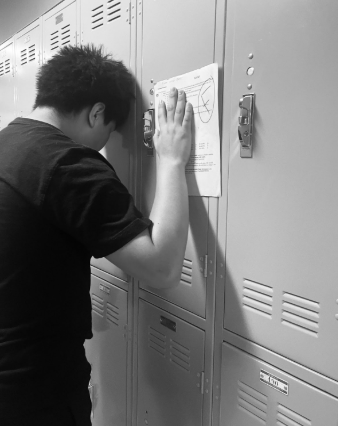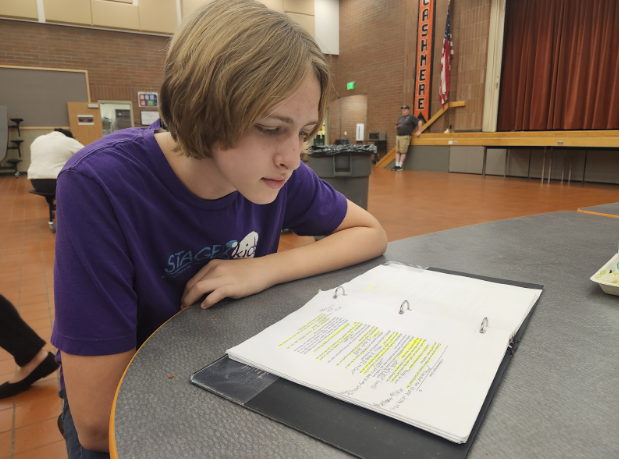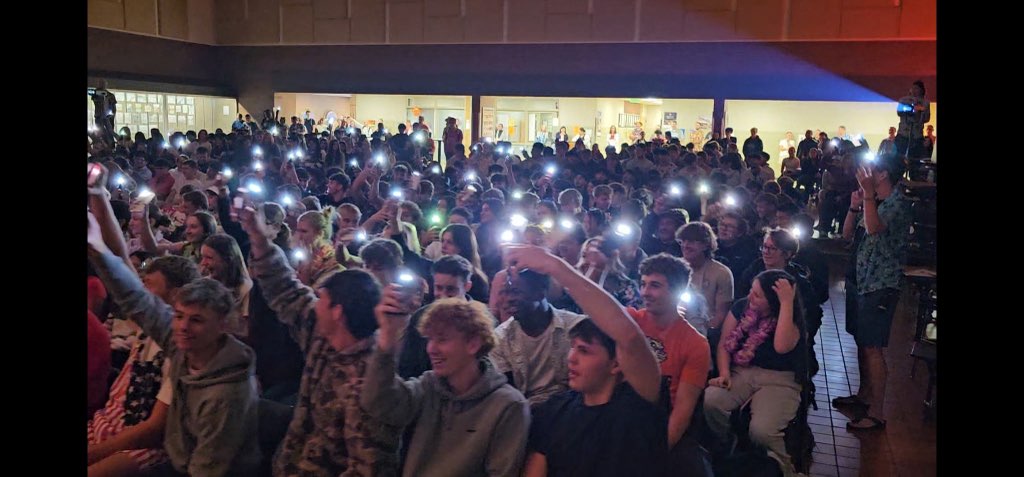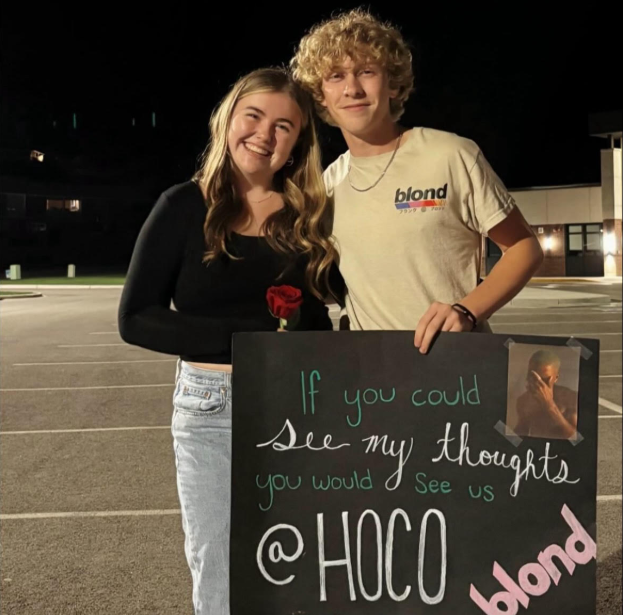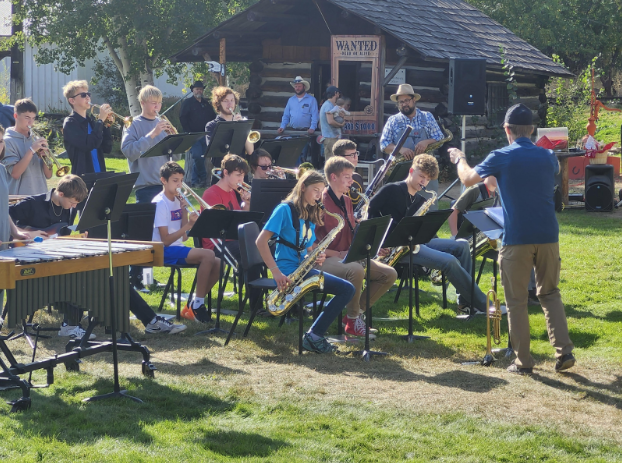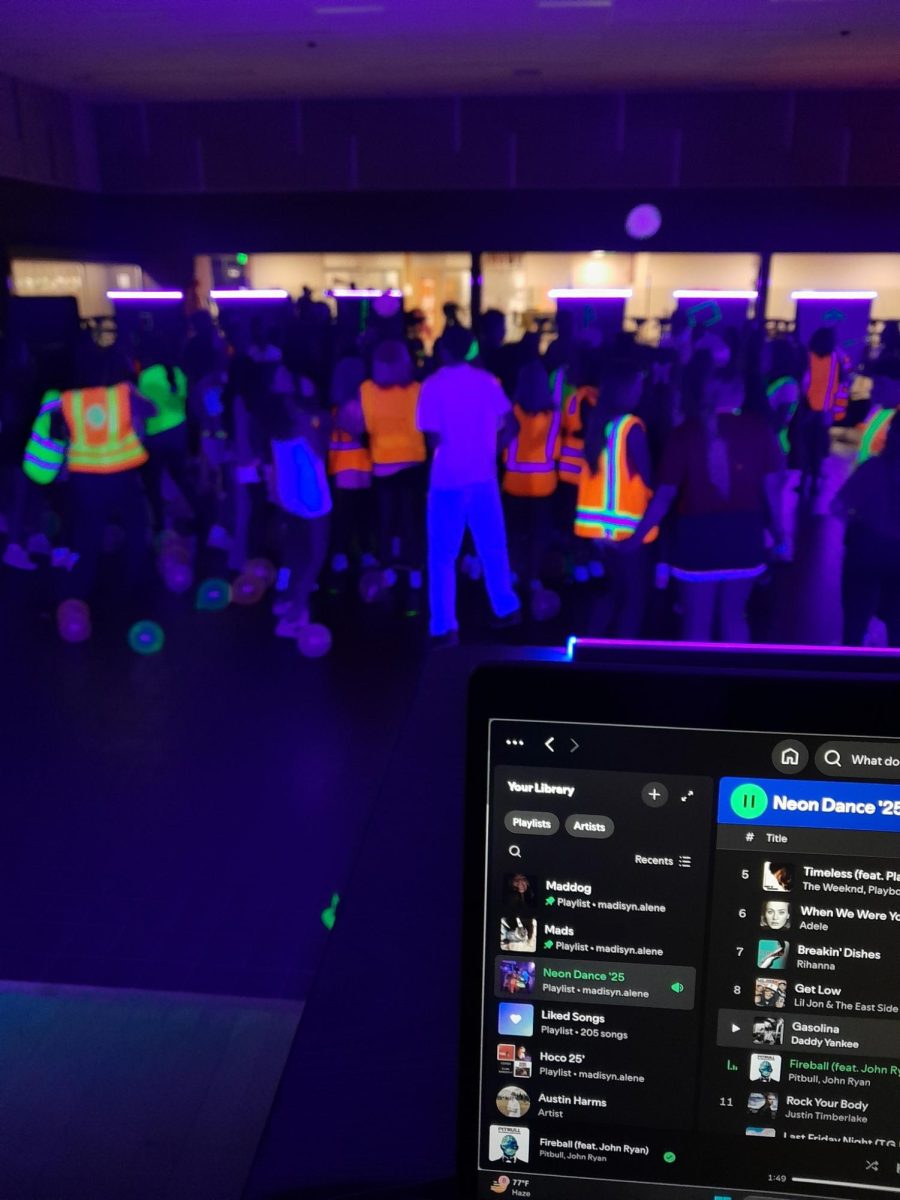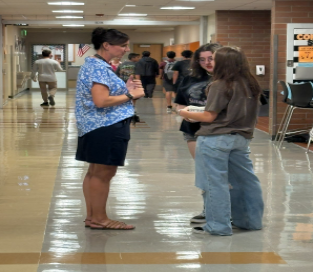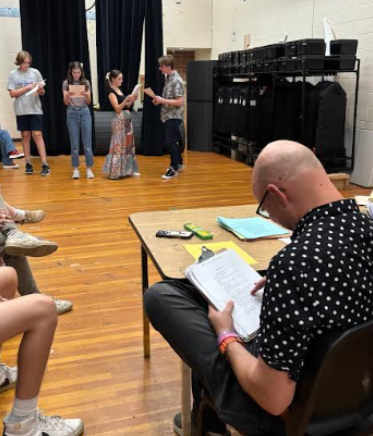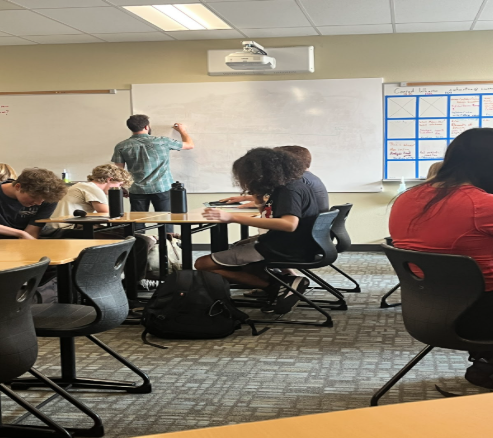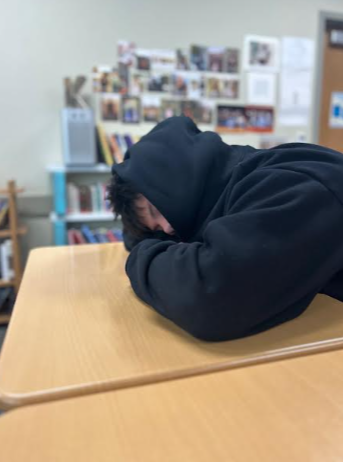High school students are frequently compared to zombies, trudging through the halls with their feet dragging against the floor and eyes barely open as they drift from class to class. Why do these 14-18 year olds get such a bad rep? Because most of them aren’t getting nearly enough sleep.
According to the American Academy of Sleep Medicine, people between the ages of 13-18 should be getting 8-10 hours of sleep every day, numbers that most CHS students aren’t getting close to. Stanford Medicine stated that a recent national poll showed that more than 87% of high school students get far less than the recommended amount of sleep at night.
When asked about how much sleep they got, one student said, “That would depend on how much work I have, because, like, if I have none I average like 9, 8 hours. If I do [have homework], [I get] around 6 hours max, 4 hours minimum.”
Lots of the students surveyed complained of not being able to fall asleep at night, an issue their bodies could be to blame for. During puberty, teenagers and adolescents go through many changes, notably a shift in their circadian clocks.
Someone’s circadian clock, or rhythm, is their bodies’ internal clock: what tells your hormones and melatonin when it’s time to go to bed. This can be affected by light, especially sunlight, food consumption, and physical activity. When someone’s circadian clock is off, it makes it harder to fall asleep at times when they need to go to bed, such as late on a school night.
Students had many different reasons for not being able to fall asleep at night. Sophomore Peyton Irelan said, “I’m on my phone,” while sophomore Maisey Loftus said, “I prepare for the next day.” Maisey explained how the night before she had made banana muffins at 11:15 pm so she could have them ready for the coming day.
Many of the CHS students interviewed said they get around six or seven hours of sleep on school nights on average. The hours ranged from the extremes of 2-3 hours to 8-10 hours depending on the person, and multiple students said they had trouble sleeping because of their phones or school workloads.
“I personally average five hours,” said Kira Webber.
Other factors that could go into sleep loss include anxiety and depression, along with neurological and psychological diagnoses.
Brooke Chalmers, a junior who wakes up around 6:15 on weekdays, said she usually gets “Like seven, six hours. It’s hard to fall asleep . . . especially if you have a lot of homework. I feel like I’m constantly stressing about that.”
When students have to be at school at 8:00 am every day, earlier for those with zero-hour classes, their sleep suffers. Stanford Medicine explains that sleep deprivation can cause an increase of the inability to concentrate, poor grades, thoughts of suicide, and even drowsy-driving accidents.
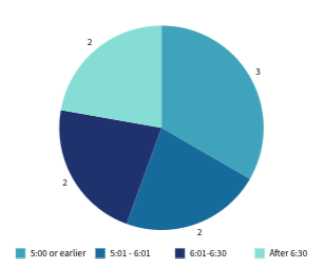
CHS teacher Mrs. Swanson said, when speaking of the low energy levels of her students, “First block is the worst, and then second block students seem to, like, come a little bit more alive. I feel like that’s the best time. Third block they’re all amped up on sugar from lunch, and then the slump starts again fourth block.”
So what can schools do when their students are constantly tired and, as a consequence, unproductive? Well, it’s been proven over decades that pushing school start times back can improve students’ health and well-being.
More than 500 school districts in the U.S. have pushed their start times back after hearing the evidence. California enacted a law in 2022 making it mandatory for secondary schools to start after 8:30. Florida passed a very similar law in 2023.
Addie Talley, junior, said she feels she does get enough sleep but she struggles when sports come back late. When asked about her opinion of pushing school start times back, she said, “Well, it’s good but then they also end late which pushes sports back . . . it makes it harder.”
Mr. Simmons, a teacher at CHS, said, “I think it’s good for the teenage brain to have more time to sleep . . . there would have to be sacrifices made to extracurricular activities if that became a priority.”
Research shows that in schools that have pushed back their start times It’s not just the students that benefit, teachers and parents also feel more rested and are able to be more productive during the day.
However, do later school starts actually help students sleep? Won’t they still be on their phones anyway when it’s time to hit the sack? Evidence shows that even in school districts that have later start times, kids still fall asleep at the same time they did before the change.
Sleep deprivation is spreading across the teenage world and is dragging down kids’ moods, grades, and overall mental and physical health. Pushing school start times later might be able to help, but is it for Cashmere? There are concerns of it interfering with sports and other activities that take place after school and some wonder if it is worth the price of enough sleep.

